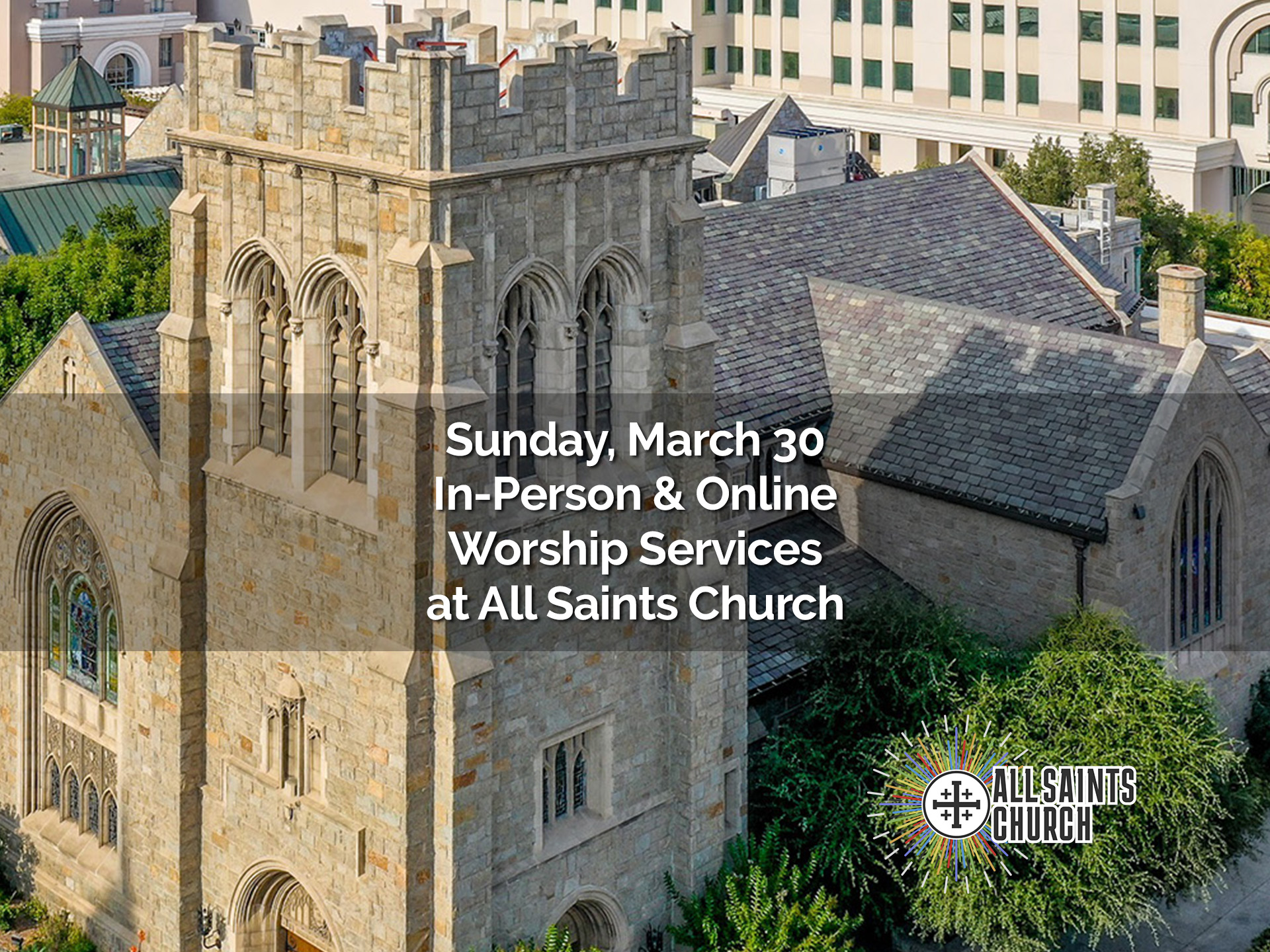The Gospel isn’t meant to be gulped down on Sunday morning, but gnawed on through the week so it really becomes a part of us. You’ve got to work at it, like a dog with a good bone! Here’s the Gospel for this coming Sunday — the Fourth Sunday of Advent — with food for thought about going beyond what’s expected and doing the extraordinary. Gnaw away!
The Fourth Sunday of Advent – Matthew 1:18-25
This is how the birth of Jesus came about.
When Jesus’ mother, Mary, was engaged to Joseph, but before they lived together, she was found to be pregnant through the Holy Spirit. Joseph, her husband, an upright person unwilling to disgrace her, decided to dismiss her quietly.
This was Joseph’s intention when suddenly the angel of God appeared in a dream and said, “Joseph, heir to the House of David, don’t be afraid to wed Mary; it is by the Holy Spirit that she has conceived this child. She is to have a son, and you are to name him Jesus – ‘Salvation’ – because he will save the people from their sins.”
All this happened to fulfill what God has said through the prophet:
“The virgin will be with child and give birth, and the child will be named Immanuel” – a name that means “God is with us.”
When Joseph awoke, he did as the angel of God had directed, and they went ahead with the marriage. He did not have intercourse with her until she had given birth; she had a son, and they named him Jesus.
The Backstory – What’s Going On Here?
Matthew and Luke are our two sources for the tale of Jesus’ birth – and each tells it from a different point of view. Luke (which gives us the Magnificat) tells the story from Mary’s perspective. Matthew’s gives us a Joseph’s-eye-view. The hinge for each story lies in the angel’s words. In Luke 1:31, the angel says to Mary “you will conceive in your womb and bear a son,” while here, the angel says, “for the child conceived in her…” Both stories involve an incredible movement by God that needs acceptance by humanity. Luke emphasizes Mary’s agency — her choice in saying yes to God. But here the action is God’s and the choice belongs to Joseph … will he accept or reject this Mary who is not just carrying her own life but God’s?
A few things to chew on:
*I’ve wondered what it was like for the disciples. After all, they didn’t have to guess “what would Jesus do?” … he was right in front of them telling them stuff. Was it easier to be faithful, even if the things he was saying were hard? But here, Joseph is asked to do something that puts all he has worked for at risk – with the only rationale being “God told me in a dream” – the kind of thing that generally has us treating people for mental illness. Jesus says many things that sound radically strange … “love your enemies,” “sell everything you have, give it to the poor, and follow me,” … “the meek shall inherit the earth.” Things that, were we to follow them, would be as risky as the leap Joseph took … with only the rationale that “Jesus told me to.” Are we called to be like Joseph? Do our churches look like communities of Josephs?
*God is with us. Matthew frames his entire Gospel with this truth. In the first chapter, the Christ is given the name “Emmanuel, which means ‘God is with us.'” … and in the final verse of the entire Gospel (Matthew 28:20), the risen Christ’s very last words to his disciples are “lo, I am with you always, to the close of the age.” Throughout all of scripture, the one constant is that God never gives up on the people. It comes closest with the flood and the story of Noah and again with the exiles, but God never gives up. God never runs away. We are never just “on our own.” How easy or hard is that for you to believe?
Try This:
If Joseph had gone with his first instinct – to divorce Mary quietly – he would have been lauded as a good, God-fearing, respectable and even virtuous man. And no one would have ever known differently. In choosing to follow God’s command, Joseph not only risked everything, from what we can tell he died before Jesus’ adult ministry and so never saw what Jesus became. This week, take some time each morning – or whenever you take time for prayer and reflection – and think of where in your life you might have the opportunity to go beyond what would be expected and seen as “good enough” to what you believe would make God dance, but might also make people say you were seriously unbalanced! Can you do one small thing this week to be that faithful crazy person?
Not Dismissing Her Quietly
“Joseph, her husband, an upright person unwilling to disgrace her, decided to dismiss her quietly.”
There’s a beautiful Steinway piano in the Nave of Christ Church Cathedral, in St. Louis … my community before coming to All Saints Church. If you crawl underneath it, you’ll see that it’s autographed by Billy Joel. That’s because years ago, he played it onstage at Carnegie Hall, which is where this piano came from.
But that’s not the best part of the story.
In the 1980s, there was great fear about HIV/AIDS and huge discrimination against gay and lesbian persons … and churches were leading the way. In St. Louis, as in many other cities, many churches would not only not admit gay and lesbian people, they would not bury anyone who had died of AIDS.
Christ Church Cathedral heard the Gospel differently – much as All Saints did in helping found the AIDS Service Center. They made a banner that said “Our Church Has AIDS.” They not only opened our doors to people living with HIV/AIDS, they stopped seeing a “them” and saw only an “us.”
One of the men who died of AIDS at Christ Church Cathedral had a family member who worked for Steinway. Each year, Steinway takes the top pianos it makes that year and sends them to Carnegie Hall, where some of the world’s finest pianists – like Billy Joel – play them in concert. Then they are sold off or given away.
The piano in the Cathedral Nave is one of those pianos – given in gratitude for our witness of Christ’s love.
Joseph was a righteous man. So – according to the story – when his betrothed, Mary, turned up pregnant … and he knew for a fact the baby wasn’t his … he resolved to “dismiss her quietly.”
This was supposedly a good thing. He would not point a finger at her in the public square and call her an adulteress. Of course once the pregnancy became obvious, the result would be the same … Mary would not only have been ostracized, legally she could have been stoned to death.
Joseph’s decision to marry Mary was a decision to go beyond what was expected and do the extraordinary. Claim Mary as his wife and risk shame, ostracization, and even more dire consequences.
The story of our savior’s birth is a story of ordinary people taking extraordinary risks of hospitality and love. Christ is born anew every time we do the same. Every time we practice radical hospitality. Every time we say there is no “us” and “them” only a “we.”
This Sunday, the wonderful people of Christ Church Cathedral will green the Cathedral for Christmas and gather around that Steinway and sing Christmas carols.
And I bet someone will tell the story of the piano.
And as I think of that piano and those wonderful people … and the community we share today at All Saints Church, I wonder:
Who is the world asking us to “dismiss quietly” today? And
Where is God inviting us to extraordinary risks of hospitality today.
Extraordinary risks that will produce beautiful music.
. . . . . . . . . . . . . . . . . . . . . .
Collect for Sunday
Pray this throughout the week as you gnaw on this Gospel.
Purify our conscience, Almighty God, by your daily visitation, that your Son Jesus Christ, at his coming, may find in us a mansion prepared for himself; who lives and reigns with you, in the unity of the Holy Spirit, one God, now and forever. Amen.



